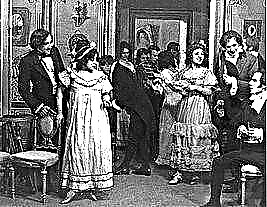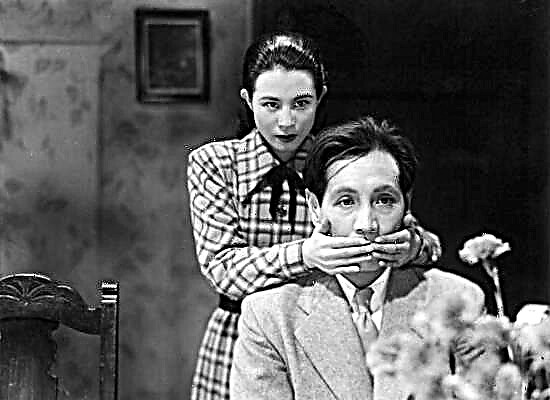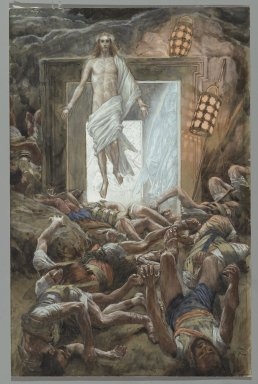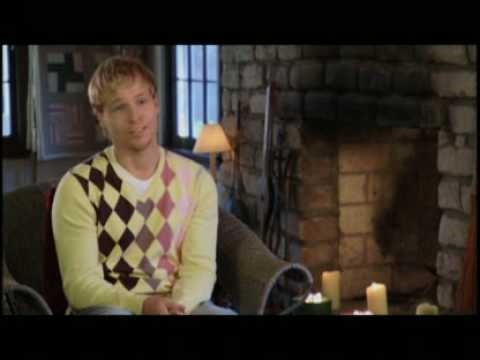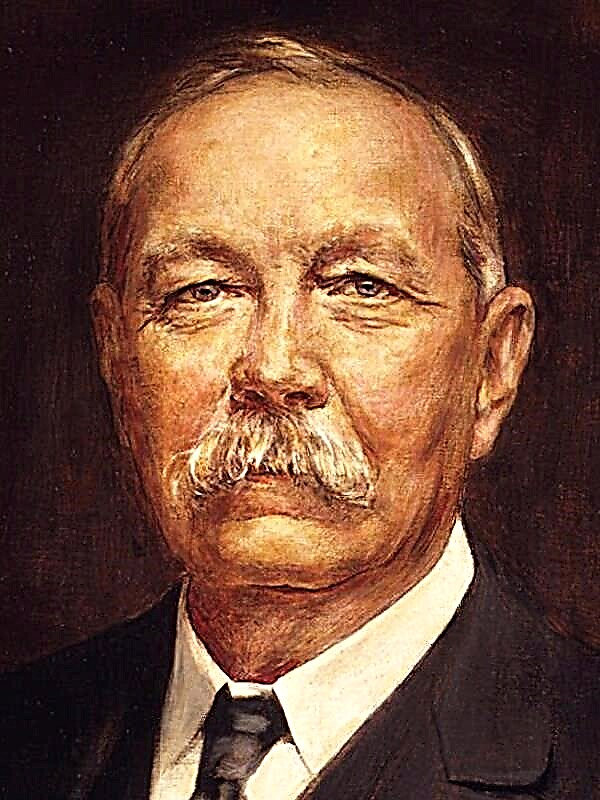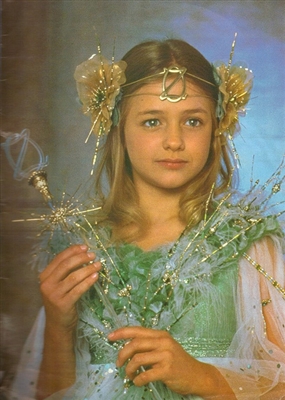America is a relatively near future, as it was seen by the author in the early fifties, when this dystopian novel was written.
Thirty-year-old Guy Montag is a firefighter. However, in these recent times, fire brigades do not fight fire. Quite the contrary. Their task is to find books and put them on fire, as well as the homes of those who dare to keep such sedition in them. For ten years now, Montag has been regularly fulfilling his duties, without thinking about the meaning and reasons for such book-hating.
A meeting with the young and romantic Clarissa Macleland knocks the hero out of the rut of habitual existence. For the first time in many years, Montag understands that human communication is more than an exchange of memorized remarks. Clarissa stands out sharply from the mass of her peers, obsessed with high-speed driving, sports, primitive entertainment in Luna Parks and endless television series. She loves nature, is prone to reflections and is clearly lonely. Clarissa’s question: “Are you happy?” makes Montague take a fresh look at the life he leads - and with it millions of Americans. Pretty soon he comes to the conclusion that, of course, this thoughtless existence by inertia cannot be called happy. He feels emptiness around, lack of warmth, humanity.
As if confirms his hunch about the mechanical, robotic existence of the accident with his wife Mildred. Returning home from work, Montag finds his wife unconscious. She was poisoned with sleeping pills - not as a result of a desperate desire to lose her life, but mechanically swallowing pill after pill. However, everything quickly falls into place. An ambulance quickly arrives at Montag’s call, and medical technicians quickly carry out a blood transfusion using the latest equipment, and then, after receiving the required fifty dollars, are sent to the next call.
Montag and Mildred have been married for a long time, but their marriage has turned into an empty fiction. They have no children - Mildred was against it. Each exists on its own. The wife is immersed in the world of television series and now enthusiastically talks about the new venture of television people - she was sent the script for the next "soap opera" with missing lines, which the viewers themselves should fill out. The three walls of the living room of the Montague house are huge television screens, and Mildred insists that they spend on establishing a fourth television wall - then the illusion of communicating with the television characters will be complete.
A fleeting meeting with Clarissa leads to the fact that Montag turns from a debugged machine into a man who confuses his fellow firemen with inappropriate questions and remarks, such as: “There were times when firefighters did not burn houses, but on the contrary, put out fires?”
The fire brigade sets off for another challenge, and this time Montag is shocked. The mistress of the house, convicted of possession of forbidden literature, refuses to leave the doomed home and takes death in the fire along with her favorite books.
The next day, Montag cannot force himself to go to work. He feels completely ill, but his health complaints are not echoed by Mildred, unhappy with the violation of the stereotype. In addition, she informs her husband that Clarissa Macleland is not alive - a few days ago she was hit by a car and her parents moved to another place.
In the house of Montag appears his boss fireman Beatty.
He sensed something was amiss and intended to tidy up Montag's flimsy gear.Beatty gives her subordinate a small lecture that contains the principles of the consumer society, as Bradbury himself sees them: “... Twentieth century. The pace is accelerating. Books are reduced in volume. Abridged edition. Content. Extract. Do not smear. Rather, to a denouement! .. Classical works are reduced to a fifteen-minute transmission. Then even more: one column of text that you can run through in two minutes, then another: ten - twenty lines for an encyclopedic dictionary ... From the nursery straight to college, and then back to the nursery. ”
Of course, such an attitude to printed matter is not the goal, but the means by which a society of manipulated people is created, where the person has no place.
“We should all be the same,” says Fireman Montague. - Not free and equal from birth, as stated in the Constitution, but ... just the same. Let all people become like each other like two drops of water, then everyone will be happy, because there will be no giants, next to whom others will feel their worthlessness. ”
If we accept this model of society, then the danger posed by books becomes self-evident: “A book is a loaded gun in a neighbor’s house. Burn her. Discharge the gun. It is necessary to curb the human mind. How much to know who tomorrow will be the target for a well-read person. "
Montague comes to the point of warning Beatty, but he has already gone too far. He keeps in the house books taken by him from the house doomed to be burned. He admits this to Mildred and suggests reading and discussing them together, but finds no response.
In search of like-minded people, Montag goes to Professor Faber, who has long been noted by firefighters. Rejecting initial suspicions, Faber realizes that Montague can be trusted. He shares with him his plans for the resumption of typography, while at least in negligible doses. The threat of war looms over America - although the country has already twice emerged victorious in nuclear conflicts - and Faber believes that after the third clash, Americans will change their minds and, having forgotten about television, will feel the need for books. In parting, Faber gives Montague a miniature receiver that fits in his ear. This not only provides a connection between the new allies, but also allows Faber to receive information about what is happening in the world of firefighters, study it and analyze the strengths and weaknesses of the enemy.
The military threat is becoming more and more real; on the radio and TV they report the mobilization of millions. But even earlier, clouds were gathering over the Montag house. An attempt to interest the wife and her friends with books turns into a scandal. Montag returns to service, and the team is sent to the next call. To his surprise, the car stops in front of his own home. Beatty tells him that Mildred could not stand it and reported about the books where she needed to. However, her denunciation was a little late: her friends showed more agility.
By order of Beatty Montag personally puts to fire both books and the house. But then Beatty discovers the transmitter used by Faber and Montag for communication. To protect his comrade from trouble, Montag directs the flamethrower hose at Beatty. Then comes the turn of two other firefighters.
Since then, Montag has become a particularly dangerous criminal. An organized society declares war on him. However, at the same time that very big war begins, for which they have long been preparing. Montague manages to escape from the chase. At least for some time they are now lagging behind him: in order to convince the public that not a single criminal is escaping punishment, the persecutors kill the innocent passerby who has managed to get in the way of the terrible Mechanical Dog. The chase was broadcast on television, and now all respectable citizens can breathe a sigh of relief.
Guided by Faber's instructions, Montag leaves the city and meets with representatives of a very unusual community. It turns out that a kind of spiritual opposition has long existed in the country. Seeing how books are being destroyed, some intellectuals have found a way to create a barrier to modern barbarism. They began to memorize works, turning into living books. Someone confirmed Plato’s “State”, someone Swift’s Gulliver’s Travels, in one city the first chapter of Walden’s Henry David Thoreau “lives”, in another - the second, and so on throughout America. Thousands of like-minded people are doing their job and are waiting for their valuable knowledge to be needed again by society. Perhaps they will wait for their own. The country is undergoing yet another shock, and enemy bombers appear over the city that the protagonist recently left. They dump their deadly burden on him and turn into ruins this miracle of technological thought of the 20th century.

